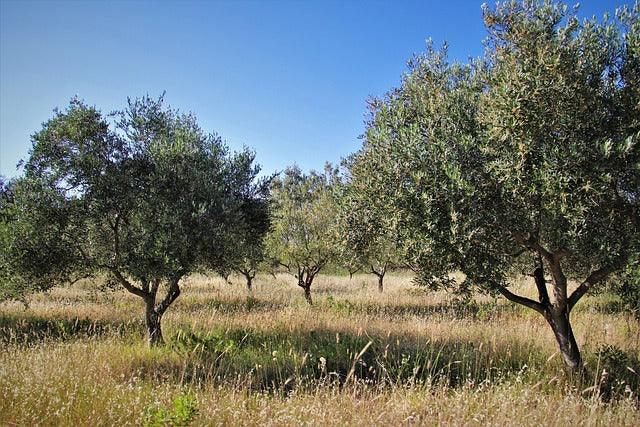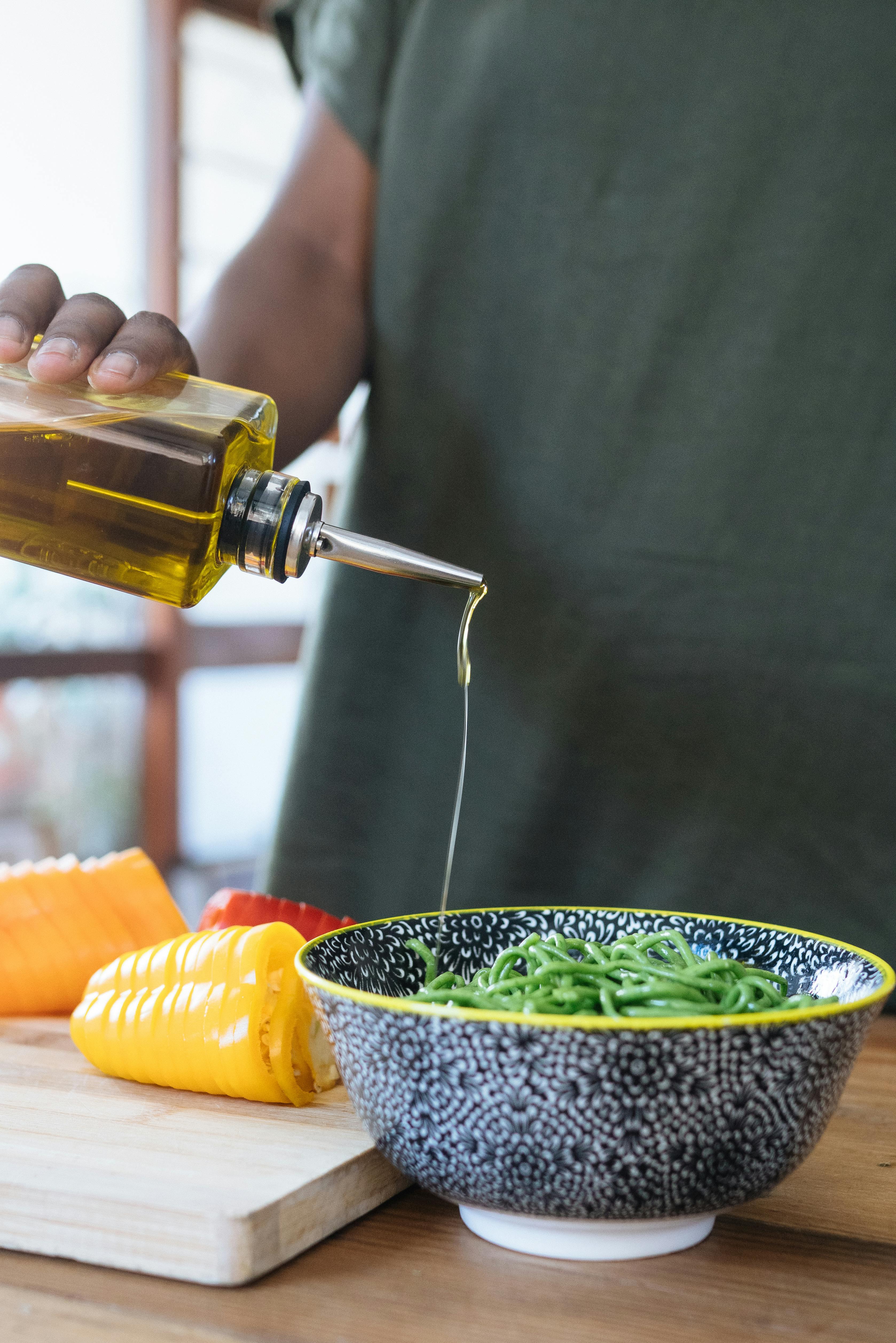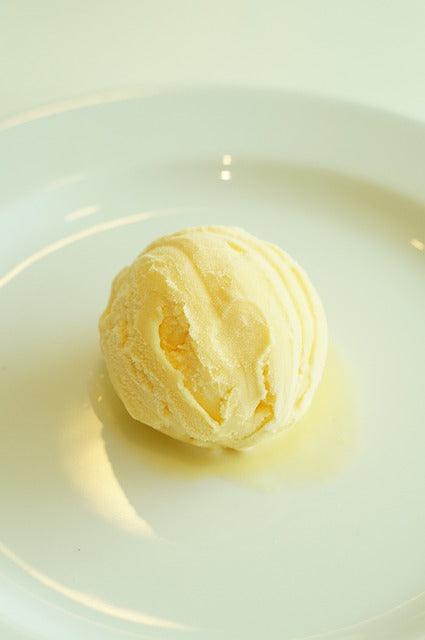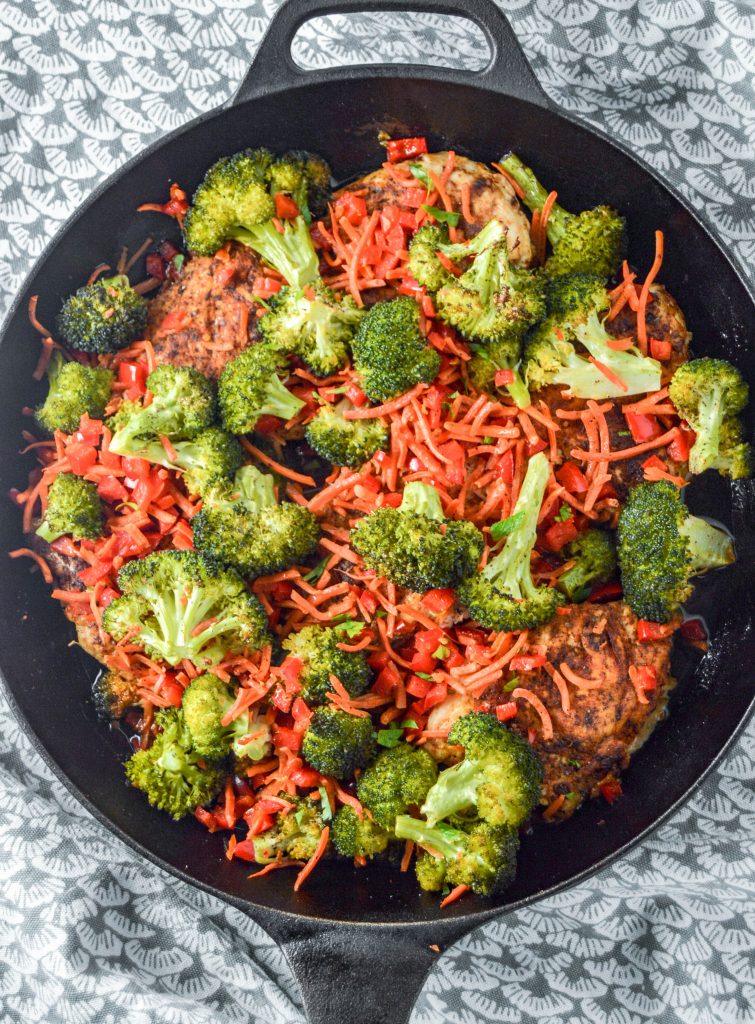In the realm of dietary choices and healthy eating, olive oil has long been regarded as a staple of Mediterranean cuisine and a symbol of culinary indulgence with purported health benefits. But what exactly makes olive oil so special, and is it truly as good for you as it's often claimed to be?
The Mediterranean Gold Standard
Olive oil is a natural oil extracted from the fruit of the olive tree, primarily grown in the Mediterranean region. Its popularity extends far beyond its flavorful contribution to dishes; it's revered for its potential health benefits, especially when compared to other cooking oils.
What Makes Olive Oil Healthy?
1. Rich in Monounsaturated Fats:
Olive oil is predominantly composed of monounsaturated fats, specifically oleic acid, which is known for its cardiovascular benefits. These fats are considered heart-healthy as they may help reduce levels of LDL (bad) cholesterol without affecting HDL (good) cholesterol.
2. Antioxidant Properties:
Extra virgin olive oil (EVOO), in particular, contains potent antioxidants such as polyphenols and vitamin E. These compounds help combat oxidative stress in the body, which is linked to chronic diseases like cancer and heart disease.
3. Anti-Inflammatory Effects:
Some studies suggest that the anti-inflammatory properties of olive oil may help protect against inflammatory diseases like arthritis and may contribute to overall lower levels of inflammation in the body.
4. Nutrient Density:
Beyond healthy fats and antioxidants, olive oil also contains modest amounts of vitamins E and K. While these nutrients are not present in large quantities, every bit contributes to overall health and well-being.
Types of Olive Oil
Understanding the different types of olive oil can also influence its health benefits:
- Extra Virgin Olive Oil (EVOO):
Considered the highest quality and least processed form, EVOO retains the most antioxidants and beneficial compounds.
-Virgin Olive Oil:
Slightly lower quality than EVOO, but still retains some antioxidants and flavor.
- Refined Olive Oil:
Processed to remove impurities and often blended with virgin olive oil for consistency.
Incorporating Olive Oil Into Your Diet
To reap the health benefits of olive oil, it's essential to use it correctly:
- Cooking: Tastefully Olive Tasteful Olive Oils can be used for high heat cooking due to the quality of our Oils smoke point is around 480ish degrees close to coconut oil. Otherwise, if you are using a low-quality olive oil (which is commonly found in your local grocery store shelves,) we recommend you cook at a low to medium heat cooking such as sautéing and baking. Its smoke point (the temperature at which it starts to break down and lose its health benefits) is lower than some other oils, so avoid high-heat cooking with poor quality olive oils due to the low smoke point.
- Salad Dressings: Drizzle olive oil over salads or use it in homemade dressings to maximize its flavor and nutritional benefits.
- Dipping: Enjoy olive oil with bread as a delicious and heart-healthy alternative to butter.
Conclusion
While olive oil offers numerous health benefits, it's important to remember that it is high in calories, so moderation is key. Incorporating olive oil into a balanced diet rich in fruits, vegetables, lean proteins, and whole grains can contribute to overall health and well-being. Choosing high-quality extra virgin olive oil ensures you get the most nutritional value and flavor out of this Mediterranean treasure.
In conclusion, yes, olive oil is indeed good for you when consumed in moderation and as part of a healthy diet. Its monounsaturated fats, antioxidants, and anti-inflammatory properties make it a valuable addition to any kitchen and a key player in promoting heart health and overall wellness.
So, the next time you reach for a cooking oil or salad dressing, consider the golden goodness of olive oil—it's not just delicious; it's a choice your body will thank you for.
To learn more about the rich history and benefits of olive oil, check out these additional resources:
- Health Benefits of Olive Oil
- The Mediterranean Diet Guide
External Links:
- Harvard T.H. Chan School of Public Health: The Nutrition Source
- Healthline: 11 Proven Benefits of Olive Oil
These links provide valuable information and insights that can enhance your understanding and appreciation of olive oil's historical and contemporary significance.












